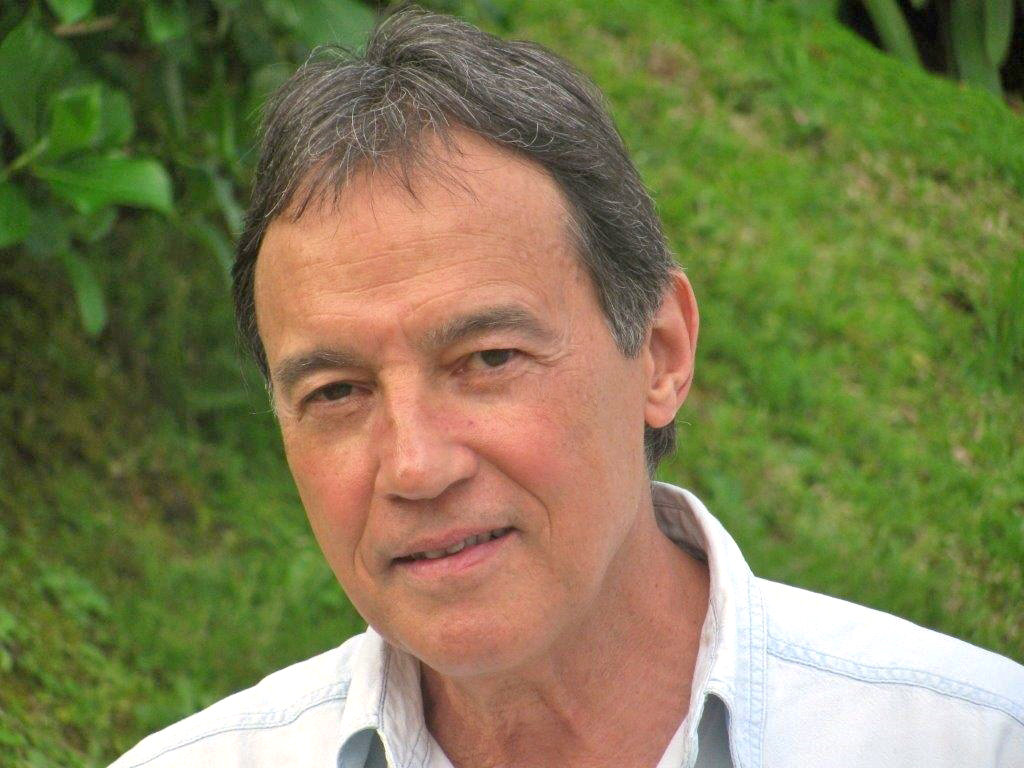Anthony Bourdain is gone at 61 and Kate Spade at 55. They sadly chose to take their precious lives responding to an internal demon that robbed them of considering how much they were loved.
Bourdain was the archetype of the bon vivant, free of snobbism, showing us how to share the joy of breaking bread with new and old friends. Spade was at the top of her stunning career setting delightful trends in the world of design.
Yet, both ended their lives by hanging, both had a history of depression, and most important, their actions left us valuable evidence that success does not fuel worthiness.
As a clinical psychologist I have worked with many celebrities who, at the top of their careers, became suicidal because of their inability to accept their good fortune. I do not think however, this was the case with Bourdain and Spade.
They enjoyed their success, loved their work, and their family.
So what could have gone wrong that lead them to the ultimate act of self-destruction?
Some celebrities like Robin Williams, one of my heroes, understandably chose to avoid ravishes of a terminal illness, but Bourdain and Spade seemed to enjoy excellent health, despite their long history of depression.
But before I offer my professional suggestion on how unworthiness can lead to suicide, independent of depression, I want to clarify that suicide is complex and has many conditions that lead to the ultimate act of self-destruction.
It can happen when a person is delusional from mental illness, drug abuse, medication side-effects, clinical depression, and neuropsychological brain disorders, to name a few.
The suicide that I am addressing here is the type that we are seeing with alarming frequency afflicting celebrities at the top of their games.
Independent of how much wealth and fame we achieve, how much we are loved and revered, we still have a private darkness that hijacks us to a place of self-loathing void of hope.
When we allow these Sirens of Destruction to lure us into a prison of nostalgia from unrequited love, or remind us to relentlessly punish our misdeeds, there is one way out of our temporary hopelessness:
· Contacting friends or family to let them know how much you love them.
If you can’t reach them when you try, write them as if you’re talking to them, and immediately send them your message of love.
What I am suggesting here, although deceptively simple, has profound value in how it allows several deep existential processes to emerge.
The experience of sending your love at a time when you are unable to love yourself is a powerful antidote to hopelessness. This love is sent not as farewell, but rather as reminder that love does not differentiate between the giver and receiver.
Love is a universal force that does not judge before engaging.
By reaching out to those who love you during your temporary hopelessness and possible self-loathing, an awareness of your emotional elegance surfaces to challenge the demons enticing you to surrender the love that remains invincible in your Braveheart.
By focusing on those you love in moments of darkness, you’re reminded of how they love you with all your imperfections.
And if you were to share with those who love you, the darkest secret that entices you to self-destruct, they would smile and hold you in their loving arms.
Since what is missing in our darkness hour is the self-love that protects our worthiness, we can temporarily postpone our demise so that we can love others without loving ourselves. Given enough time of this unselfish love, we have self-preservation mechanisms that can bring us back to self-love again.
But I propose that the most effective way to learn this tool, is to practice it during times when you’re not suicidal, for two reasons:
1. As you let others know how much you love them, you are rehearsing action that eventually leads to self-love. This giving behavior may prevent or at least diminish the intensity during a crisis of self-loathing.
2. By enacting these practices when you’re not suicidal you are more likely to remember and apply them during a crisis because you have evidence of how nourished you feel when you express your love – even under conditions when you have no love available for yourself.
These suggestions should not replace seeking professional help when considering ending precious life. Instead, these methods are powerful tools to help you transition from impending despair toward continuing to love others until you can love yourself again: In some cases, for the first time in your life.
I propose that love is our most exalted emotion, and if we are temporarily disconnected from its inherent source, reaching out to love others, even when we’re not ready to love ourselves, will trigger our preservation mechanism that is more about experiencing the meaning of love than passing on our genes.
Anthony Bourdain and Kate Spade left us with a beautiful challenge to embrace tools they did not have to save them from the Sirens of Self-Destruction. Rest in Peace my dear Epicurean and my lovely Designer.
–Dr. Mario Martinez, U.S. clinical neuropsychologist and author of the best-selling book The MindBody Code: How to Change the Beliefs that Limit Your Health, Longevity, and Success.


